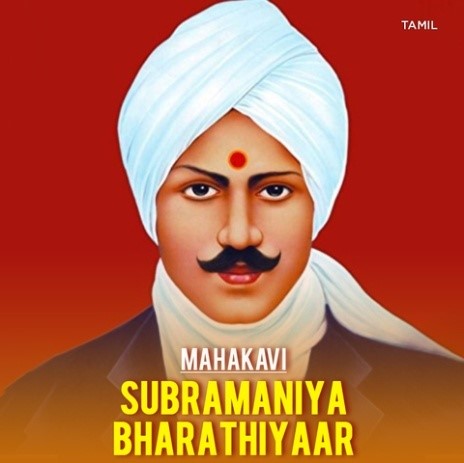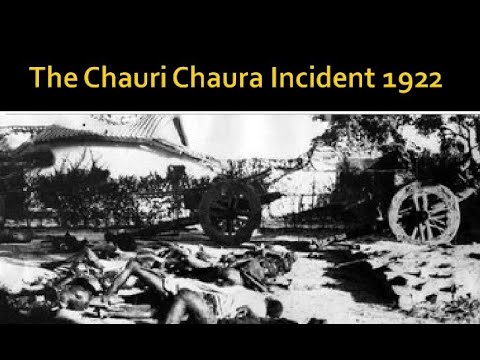Description

Disclaimer: No Copyright infringement intended.
Context
- The Prime Minister, Shri Narendra Modi has paid homage to Mahakavi Subramania Bharati on his 100th Punya Tithi.
Who was Subramaniya Bharathi?
- He was a writer, poet, Indian independence activist and a social reformer.
- Popularly known as "Mahakavi Bharathi", he is considered one of the greatest Tamil literary figures of all time.
Contribution
As a poet
- Through his patriotic poems he exhorted the people to join the independence struggle and work vigorously for the liberation of the country.
- “Sudesa Geethangal”, “Kannan Pattu” “Nilavum Vanminum Katrum” “Panchali Sabatam” “Kuyil Pattu” are some of his greatest works.
As a Nationalist
- His vision of nationalism was one that was secular, against casteism and sexism, and pan-Indian.
- Bharathi used to attend the Annual sessions of Indian National Congress and discuss national issues with extremist Indian National Leaders like Bipin Chandra Pal, Tilak and V.V.S. Iyer.
- His participation and activities in Benaras Session (1905) and Surat Session (1907) of the Indian National Congress showcased his patriotic fervor.
- His wise suggestions and steadfast support to the cause of nationalism rejuvenated many national leaders.
- Thus, Bharathi played a pivotal role in the freedom of India.
As a Journalist
- Bharathi, began his career as a journalist and as a sub-editor in “Swadesamitran”in 1904.
- He also published and edited in journals like “Vijaya” and “India”.
- His writings induced and influenced the patriotic spirit of the Tamil youth.
As a social reformer
- Bharathi was against caste system. He declared that there were only two castes-men and women and nothing more than that.
- Above all, he himself had removed his sacred thread and adorned many Dalits with sacred thread.
- He advocated temple entry of Dalits.
- Bharathi was very clear that unless Indians unite as children of Mother India, they could not achieve freedom.
- He believed in women’s rights, gender equality and women emancipation.
- He opposed child marriage, dowry and supported widow remarriage.
Conclusion
- Bharathi did not live for himself but for the people and nation. That is why he is respectfully called as Bharathiyar.
https://pib.gov.in/PressReleasePage.aspx?PRID=1754242






